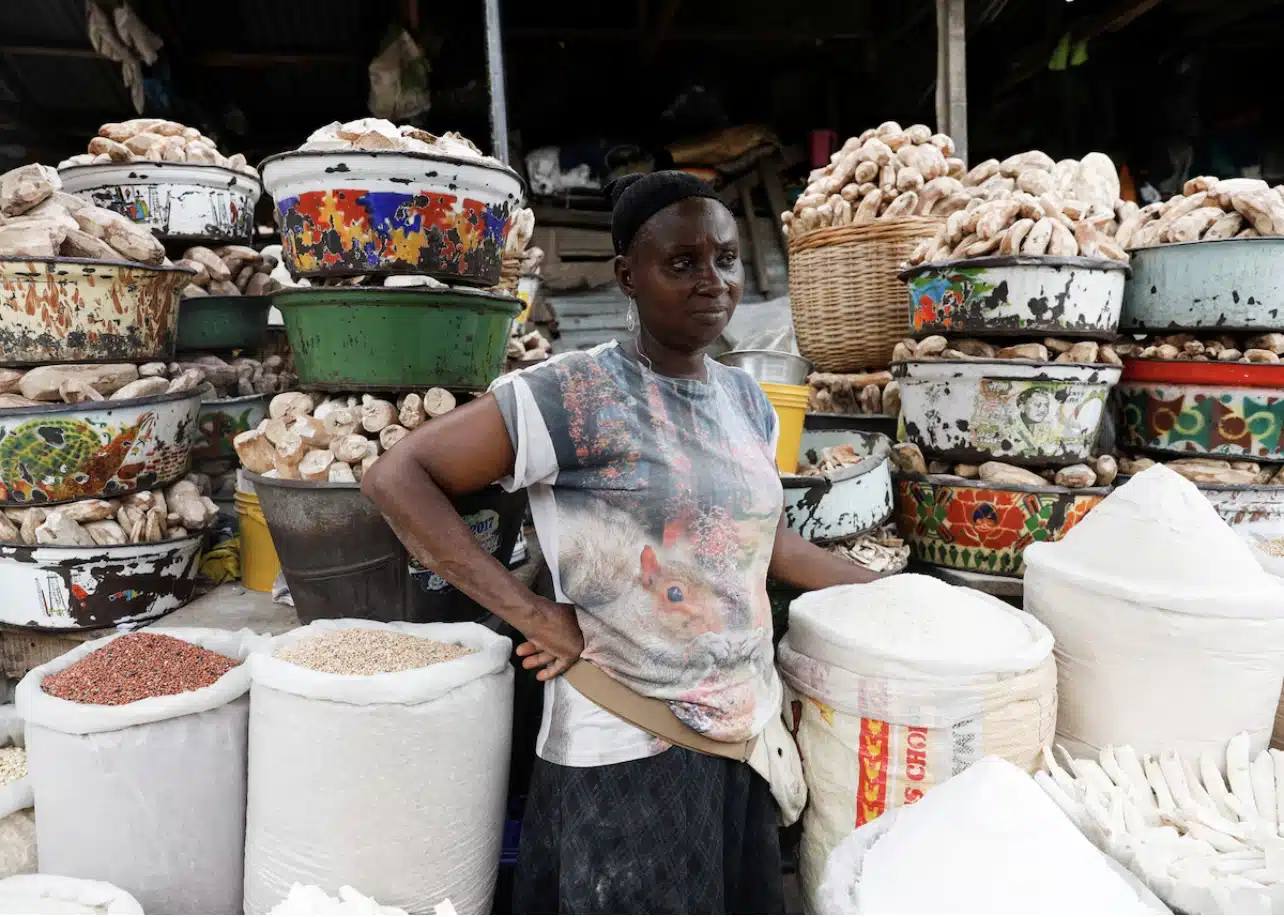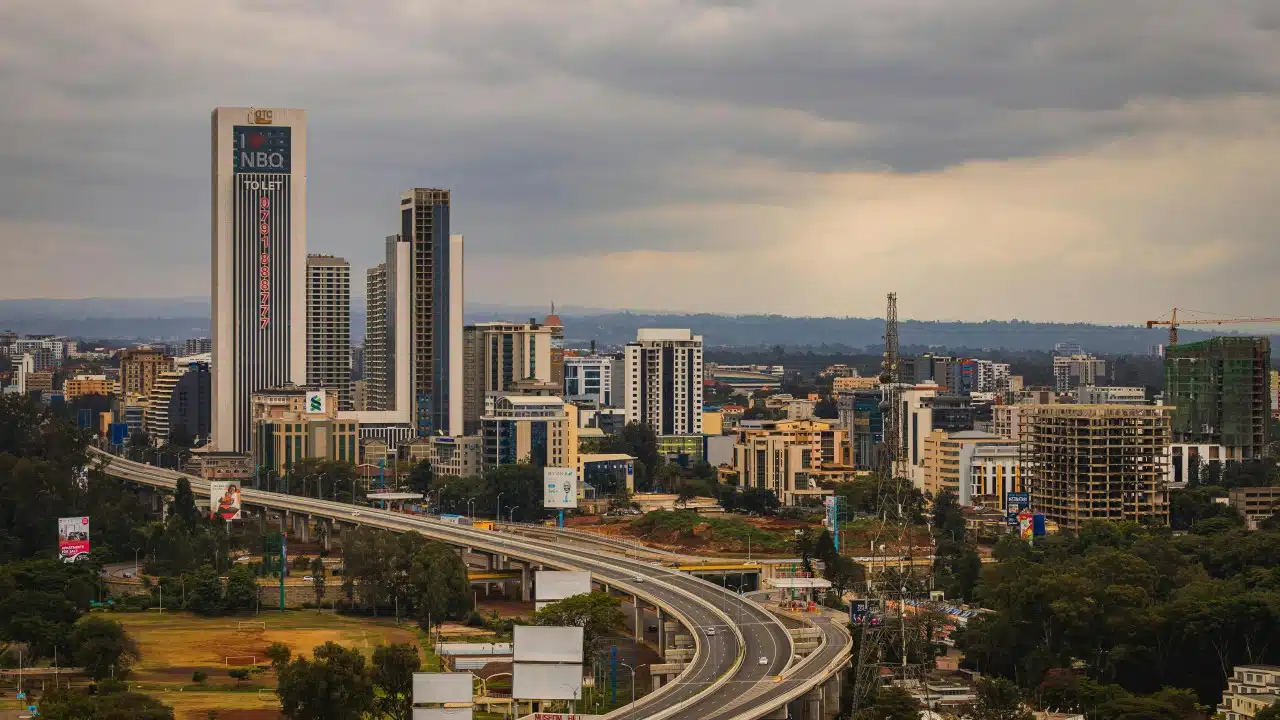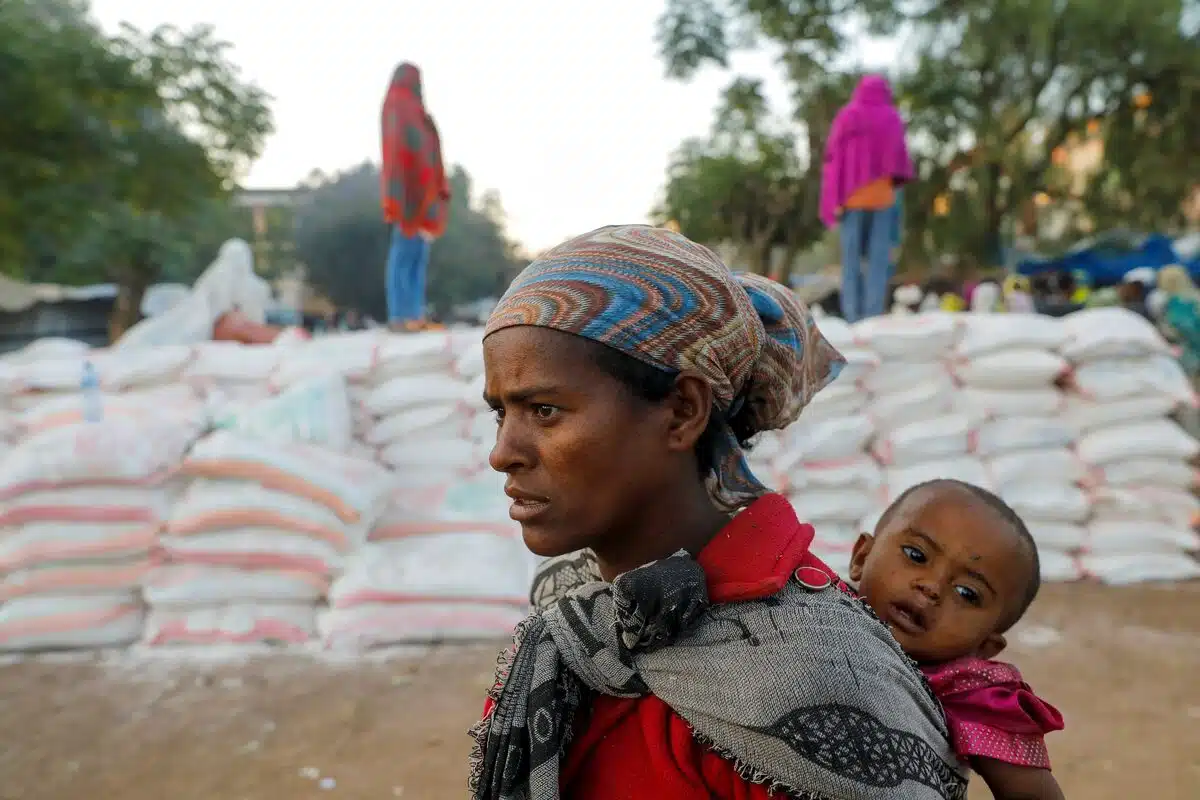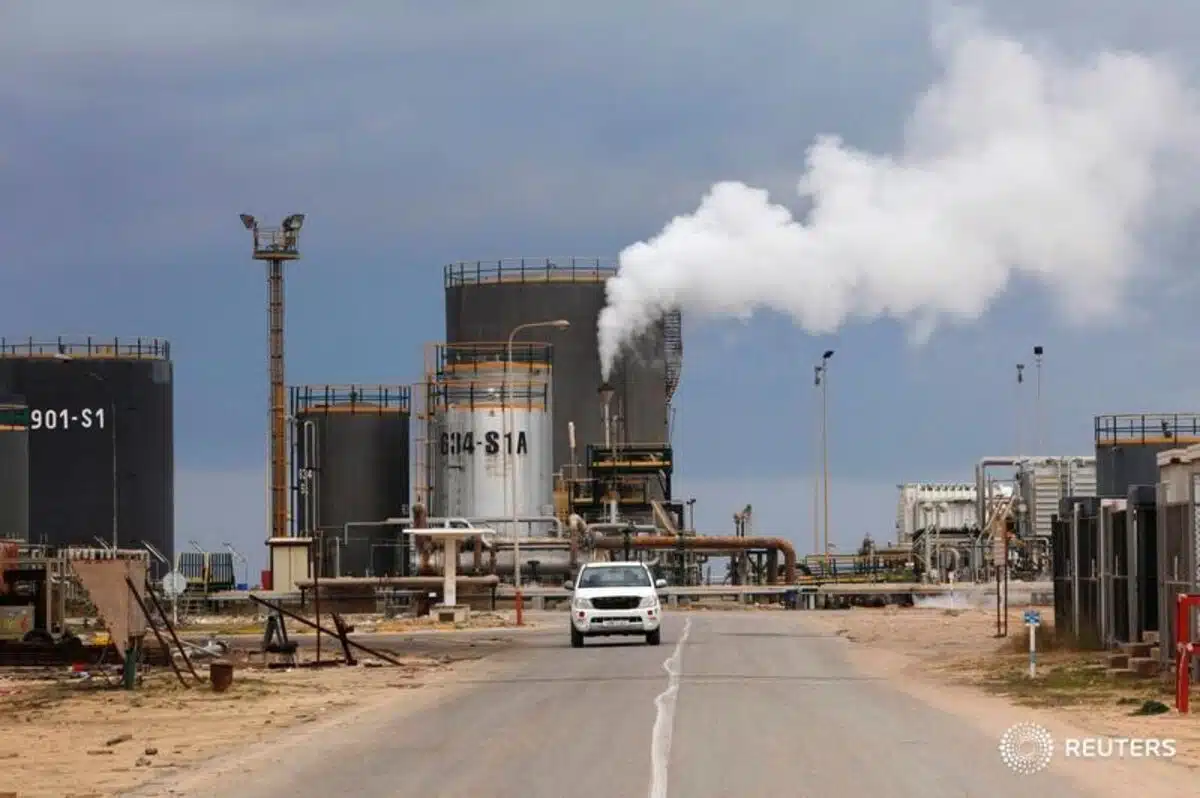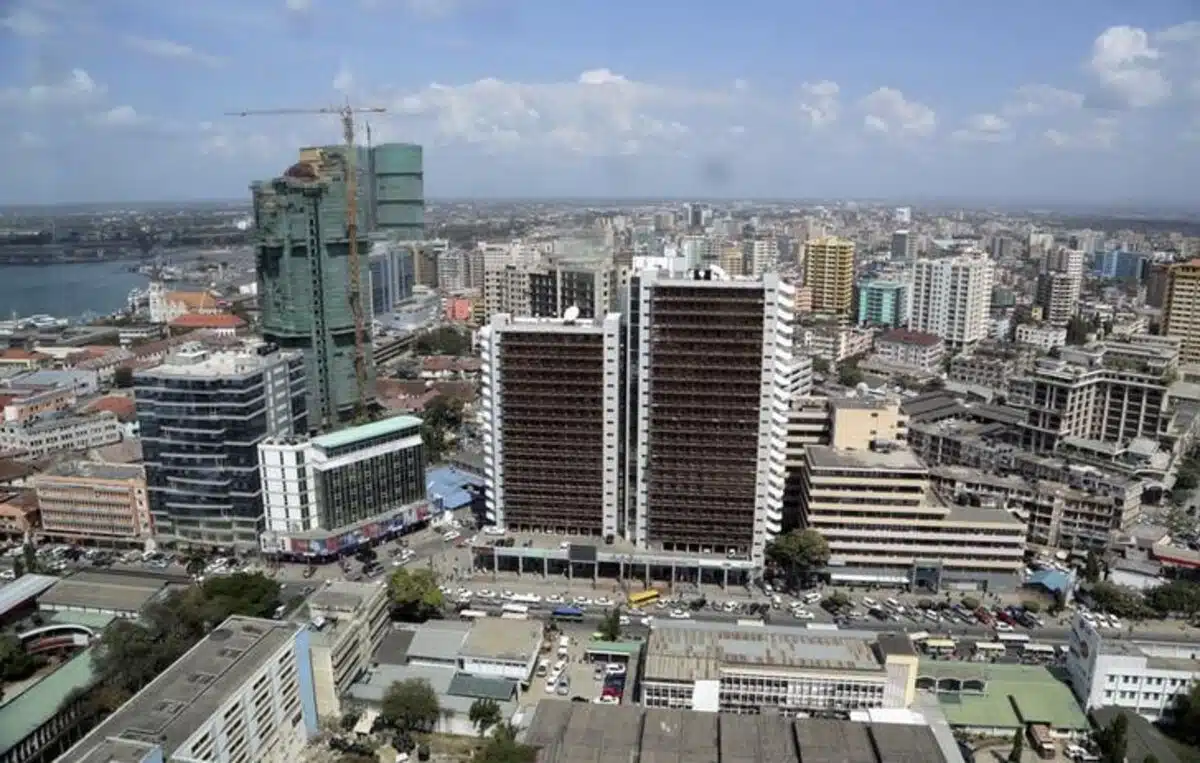Nigeria’s food inflation rose to 22.74% in July 2025, up from 21.9% in June, marking its highest level since February, according to the latest Consumer Price Index (CPI) from the National Bureau of Statistics (NBS).
The July figure also represents the second consecutive month of food inflation increase. The uptick highlights persistent pressure in the food basket, even as headline inflation moderated.
Annual inflation dropped to 21.88% from 22.22% in June, driven by softer core inflation readings. On a year-on-year basis, however, food inflation showed a sharp statistical decline, dropping 16.79 percentage points from 39.53%.
The NBS explained that the significant fall stems from the rebasing of the CPI basket, which shifted the base year from 2009 to 2024.
“The food inflation rate in July 2025 was 22.74% on a year-on-year basis,” the report said. “This was 16.79% points lower compared to the rate recorded in July 2024 (39.53%).
The significant decline in the annual food inflation figure is technically due to the change in the base year.”
Month-on-month food inflation also eased, slowing to 3.12% in July from 3.25% in June, a marginal 0.14% drop. The deceleration was attributed to lower average prices for items such as vegetable oil, white beans, local rice, maize flour, guinea corn (sorghum), wheat flour, and millet.
Food inflation fuels price pressures
Despite the yearly drop, food inflation remained the main driver of price pressures in July, according to an analysis by Lagos-based research firm Afrinvest Limited
On a monthly basis, Nigeria’s headline inflation accelerated to 2.0% from 1.7% in June, largely due to higher food costs.
The firm linked the increase to seasonal lean-period shortages, flooding in key farming zones, and persistent logistics bottlenecks.
“The uptick in annual food inflation and stronger monthly headline print point to ongoing supply-side challenges, including insecurity in farming regions, transportation bottlenecks, and weather-related disruptions to harvests,” the firm said in a note on Friday.
Analysts call for policy mix to sustain disinflation
While headline inflation has eased for four straight months, analysts warn that persistent food price pressures could slow the disinflation momentum.
They point to structural challenges in agriculture, logistics and security that continue to weigh on supply.
Muda Yusuf, CEO of the Centre for the Promotion of Private Enterprise, said Nigeria’s policy response must balance short-term stabilisation with long-term reforms.
“Foreign exchange stability remains critical to anchoring inflation expectations,” Muda said, adding that addressing high logistics and import costs, insecurity, climate risks and port inefficiencies will be essential to moderating inflation sustainably.
He also underscored the need for fiscal restraint and urged the central bank to complement conventional tools like the monetary policy rate and cash reserve ratio with more innovative liquidity measures.
“While progress has been made in moderating headline and core inflation, the persistence of food and month-on-month price increases highlights unresolved structural weaknesses,”he said.
“A coordinated mix of monetary, fiscal, and structural interventions will be required to consolidate recent gains and steer the economy toward sustained stability.”
Meanwhile, Afrinvest expects inflation to remain elevated in the near term but ease marginally to 21.3% in August as food supply constraints and seasonal factors linger.

